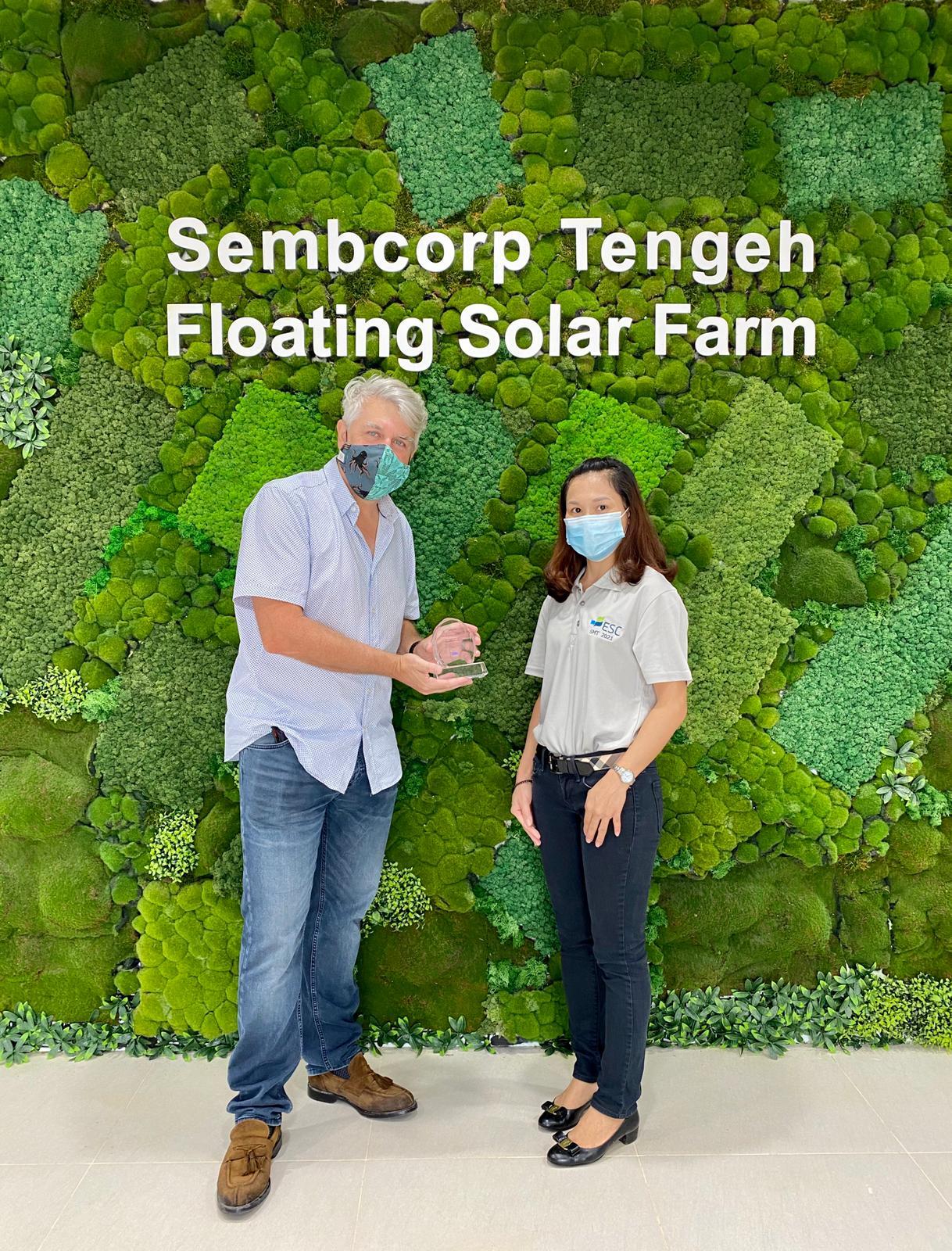ESC conducted an Environmental Impact Assessments (EIA) and Environmental Impact Study (EIS) for one of the world’s largest floating solar farms.
About the Project
PUB, Singapore’s National Water Agency, in collaboration with Sembcorp, energy and urban developer, has undertaken to build a floating solar photovoltaic (PV) system of 60 MWP (Megawatt peak) at Tengeh Reservoir.
The Tengeh Reservoir floating solar farm is Singapore’s largest, and one of the largest in the world. It covers a massive area equivalent to 45 football fields. Its carbon savings are equivalent to taking 7000 cars off the roads. Clean and operating silently, PV systems have developed from being niche market applications into a mature technology used for mainstream power generation.
Our Approach
ESC, as the leading environmental consultant in the region in renewable energy and sustainability, is proud to be part of the process offering our expertise in the field of Environmental Impact Assessments (EIA) and Environmental Impact Study (EIS). Together with PUB, we have developed purpose-fit, strategic environmental solutions to support the completion of this project.
Our scope of work involved evaluating the potential impacts that installing the solar PV system has on the water quality, on the flora and fauna of the reservoir, biodiversity, air quality, and noise amongst others. Further water quality simulation study was recommended to optimise the floating solar panel configurations as well as Environmental Monitoring and Management Plan (EMMP) for the pre, during, and post-construction of the project.
The preparation for the EMMP requirements involved extensive biodiversity survey work including camera trapping which focused on the presence and behaviour of birds and otters within the reservoir, to determine any long-term environmental impacts to the fauna.

ESC Group Director Andrew Young and Operations Manager (Projects) Jessie Nguyen at the Opening Ceremony at Tengeh Reservoir Solar Farm
Outcome
The Tengeh Reservoir solar PV system is just one of several renewable energy development projects which are driving Singapore towards more sustainable methods of energy production. In land-scarce Singapore, the large surface areas of reservoirs present great potential for solar energy generation. ESC is privileged to offer its expertise and experience as Singapore powers its way towards its 2030 solar energy target.
Working with PUB and design team during the environmental impact study (EIS) stage, as well as SembCorp in the construction and operations phases, ESC’s environmental experts have made a valuable contributions towards decarbonizing Singapore’s energy supply whilst providing innovations considerations to minimize potential impacts to reservoir water quality and the environment. To date, the ESC team has advised and assisted numerous renewables developers across Asia, to install more than 2.5GW of Solar and Wind power.

